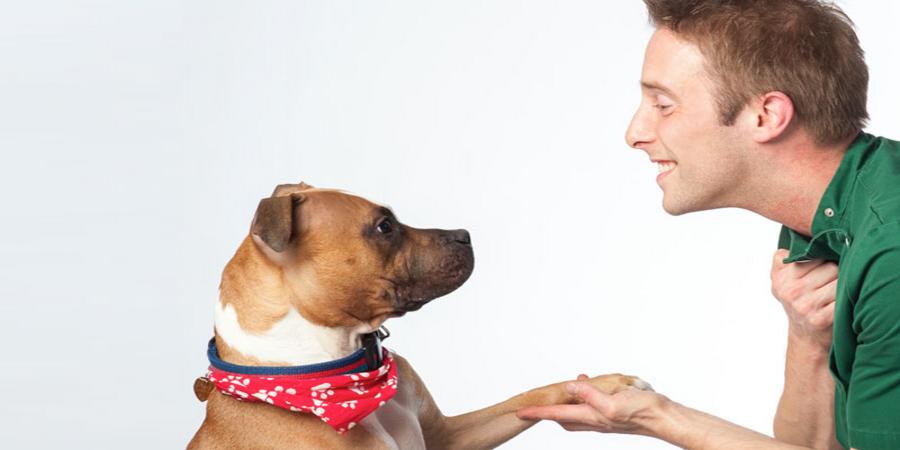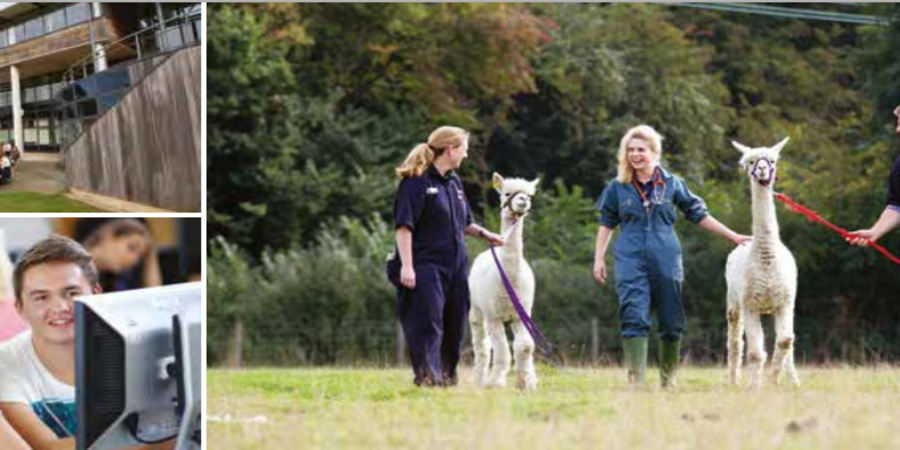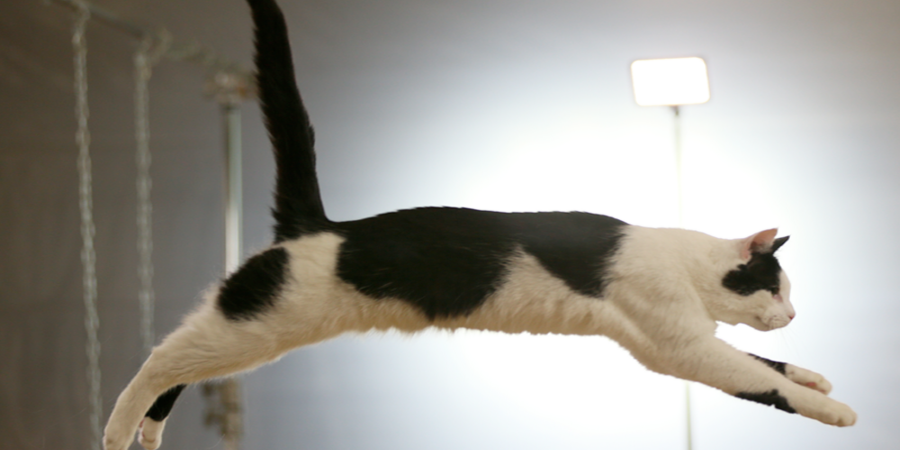Royal Veterinary College, University of London
- International college
- University
- College
- Co-educational private schools
- Full-time
- Part-time
- Hybrid
- english
About the Royal Veterinary College, University of London
The Royal Veterinary College was founded in 1791 and is one of the oldest veterinary colleges in the world. The college trains thousands of students from around the globe and has achieved significant success in the fields of research and veterinary education. Many renowned veterinarians and researchers are alumni of this institution. The educational philosophy of the college focuses on providing high-quality education through practical experience and scientific research. Unique teaching methods include the use of modern technologies and approaches, allowing students to develop critical thinking skills and prepare for real-world challenges in veterinary practice. The Royal Veterinary College makes a significant contribution to the educational system both regionally and globally. Through numerous collaborative projects and research initiatives, the college sets high standards in the field of veterinary medicine and maintains its reputation as one of the leading institutions in this area. The main goals of the college include developing students' critical thinking skills, preparing them for professional practice, and achieving leadership positions in veterinary medicine.
MoreLoading...
Admission conditions in Royal Veterinary College, University of London
To apply to the Royal Veterinary College, several steps must be followed. Applications are submitted through the UCAS system. Required examinations include A-levels or equivalents (mathematics, biology, and chemistry). There are also English language requirements for international students. Required examinations: A-levels (or equivalents, such as IB), IELTS/TOEFL for international students. Minimum age: 16 years old. Application process: Applications are submitted through UCAS. The application fee is £20 for one program and £26 for multiple programs. The platform is UCAS. Educational qualifications: A-levels or equivalents (IB) are required. Required documents: Letters of recommendation, test scores, transcripts. Requirements for international students: English proficiency must be at least 6.5 on IELTS or the equivalent. Financial conditions: It is necessary to confirm the availability of funds for studying and living in the UK. Application deadlines: Usually from September to January (exact dates should be verified on the website). Testing or interview: Interviews may be conducted for candidates before entering the university. Qualifications or experience: Experience in the veterinary field will be an advantage. Notification of results: Candidates are typically notified of results via the online UCAS portal.
MoreMinimum rating for admission to Royal Veterinary College, University of London
The minimum score for A-level is 3 C, the overall program rating is 5.
Prospects after completing studies in Royal Veterinary College, University of London
College graduates have a high chance of employment in veterinary clinics, research institutions, agribusiness companies, and other related fields. Many graduates also continue their education in graduate school or engage in scientific research.
Title | Age | Period |
|---|---|---|
| International Foundation (english) | 17+ | 1 year |
| Bachelor's Degree program in English | 18+ | 2 years |
| Master's Degree program in English | 21+ | 2 years |
| Bachelor of Veterinary Nursing | 18+ | 3 years |
| Bachelor of Veterinary Medicine | 18+ | 5 years |
Leave a review
Loading...















Reviews
Good afternoon! I think it necessary to write a review about my college, because the direction is specific and not so demanded, therefore it is difficult to find decent information. I study in London at the Royal Veterinary College on a Bachelor's program. I am very pleased with the organization of the trip from Smapse. This institution, I confess, caught my eye accidentally, but I always wanted to work with animals (parents had a farm, so since childhood I was familiar with it). I know that abroad a veterinary is a very necessary profession, in demand and paid well. I thought it would be great to combine my interests with a good diploma and the opportunity to study abroad. Of course, it was difficult to enter. With Smapse we have been preparing for 3 years: preparatory courses, IELTS exam (universal test for knowledge of English - without it foreigners aren't accepted), academic English, collection and translation of documents. I needed a Foundation program + to take an academic semester (it's convenient to get used to the local educational system and to bring up English), I did everything in London. Of course, it's more expensive here than everywhere else, but the city wins from the first trip - believe me, if you like London, you definitely will not want to leave it. Studying is complicated, yes. You will not be engaged - you will lag behind, learn everything more long and eventually you can be expelled, but nobody needs this (after so much money and effort). Still I can not say that I know English fluently. Separately I want to mention great teachers! You don't want to leave them as you have a lot of joint practices, excursions, trips, a lot of laboratory work. But the subordination is absolutely clear, yes, plus the British are quite closed people. But I have enough, I try to get the most information from communication with someone who is smarter than me. After 2 years stuyding - I hope, all will go gradually even better, the diploma will be with good points, and I will find a job here. In terms of employment of foreigners, Britain is very skeptical, but the diploma of such a good university, I hope, will raise my rates.
Read in full